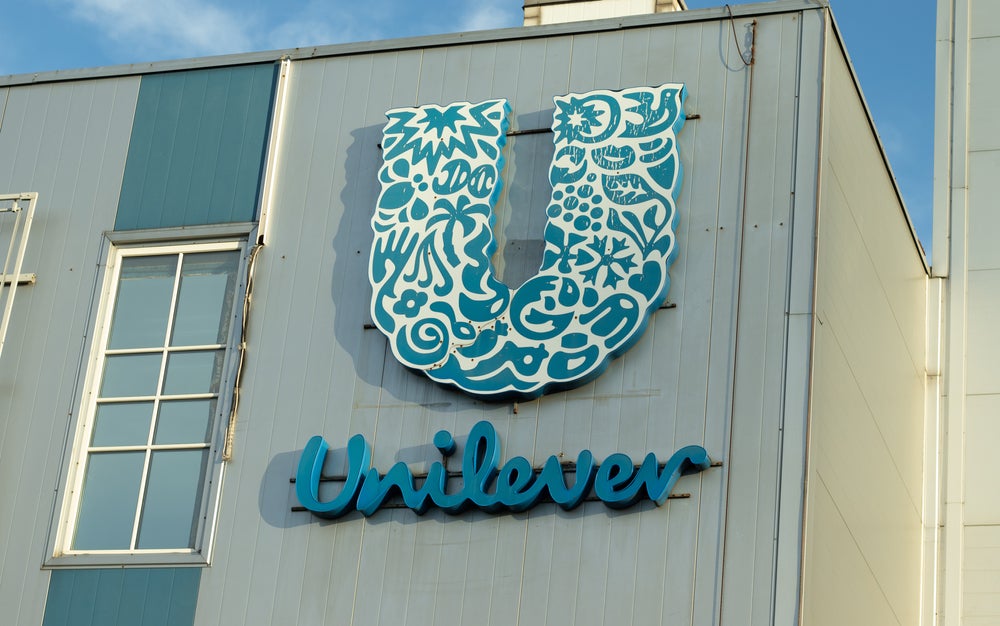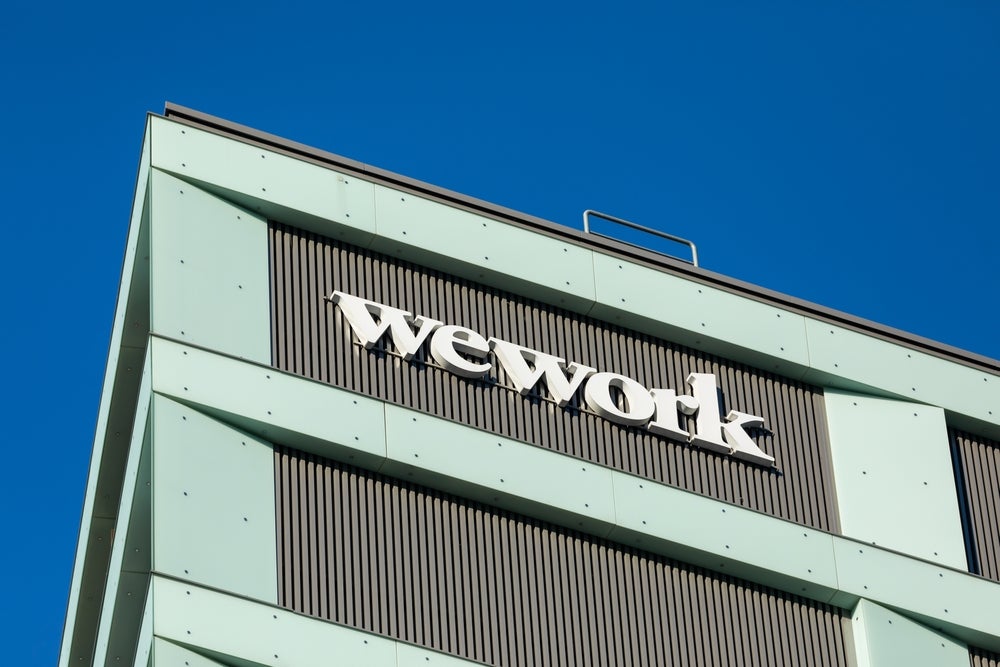In mid-July, consumer goods giant Unilever said that it will let any of its 3,000 Russian employees be conscripted and sent to the war in Ukraine if they are called up, in compliance with Russian law.
In a letter to B4Ukraine, which campaigns for companies to cease operating in Russia, Unilever said it "absolutely condemns the war in Ukraine as a brutal, senseless act by the Russian state".
Nevertheless, the British company, which owns brands such as Dove and Magnum, said it was "aware of the law requiring any company operating in Russia to permit the conscription of employees should they be called" (as highlighted by Investment Monitor in 2022).
A new report from B4Ukraine shows that the problem extends far beyond Unilever. After engaging with 125 foreign businesses operating in Russia since October 2022, B4Ukraine found that 60% of contacted companies are not in line with the UN Guiding Principles on Business and Human Rights. While many may be compliant with international sanctions on Russia (and Russian law, for that matter), they are failing to meet their obligations to protect human rights, according to B4Ukraine.
"[The conscription law] allows Russia’s authorities to pull resources from companies. This is a red flag for companies who have chosen to remain in Russia," says Nataliia Popovych, founder of WeAreUkraine. "So your risk of complicity in Russia’s war crimes in Ukraine is now very real... The international responsibilities for companies are clearly set out in the UN Guiding Principles on Business and Human Rights."
B4Ukraine's survey also reports that the majority of companies it spoke to gave no concrete response to questions such as: how many conscription notices has the company delivered? How does the company reconcile its claims of concern over its Russian employees with their continued operations in the country, which obliges them to deliver conscription notices? How many employees have been drafted, sent to the battlefield and killed?
The extent to which foreign companies in Russia are actually (or covertly) helping employees avoid conscription is unclear. Investment Monitor has heard stories of employers warning employees of authorities at the door and lying on their behalf; others have allowed employees to work remotely to avoid being at the office or home where they may be contacted by the Russian military services.
One source told Investment Monitor: “In cases of business being told about the military’s arrival in advance, I have heard of employers telling their employees to hand in their voluntary termination, should they wish, so as to avoid the officers and effectively run away.” At the other end of the spectrum, however, some companies stand accused of leaving their employees in the dark – and maybe even luring them into the office on the date of the military’s check-in.
Despite being legally required to support Russia's military recruitment effort, the majority of companies that engaged with B4Ukraine's survey justified their continued presence in Russia due to "employee safety, essential goods, and the complexity of leaving".
When asked to elaborate on 'what are essential goods', the companies by and large did not provide answers.
“The analysis of our business engagement reveals that a significant portion of companies justify their presence in the Russian market by relying on the blanket argument of providing essential goods and services, employee safety concerns, and legal/administrative/regulatory complexities that are only due to increase as time passes and war continues," writes B4Ukraine. "As established by our report, many of these arguments are unwarranted, unsubstantiated, and, in certain cases, cynical."
As such, B4Ukraine says there is an urgent need for Western governments to take decisive action by implementing more stringent regulatory measures, guidance and laws to discourage companies' complicity in the Russian market and war effort.
In 2022, global corporations – including some that have supposedly exited the Russian market – made more than $213.9bn in revenues through their local Russian businesses. Of this, $14.1bn was profit, and the companies paid $3.1bn in profit tax on those takings, thereby indirectly financing the invasion of Ukraine.











